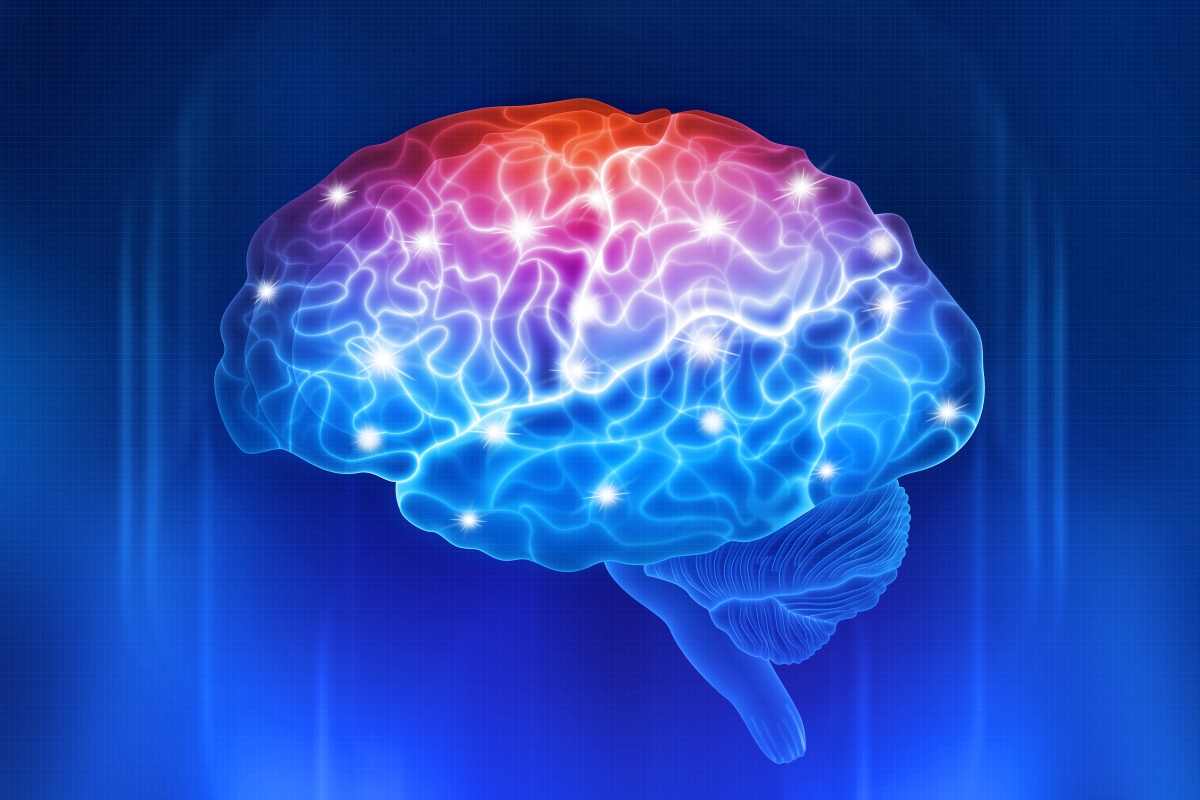Associations of dietary patterns with brain health from behavioral, neuroimaging, biochemical, and genetic analyses
Food preferences significantly shape dietary habits, yet our understanding of natural dietary patterns across populations remains limited. In this study by Zhang R. et al. (2024), the authors categorized individuals into four dietary subtypes using data-driven methods applied to food preference data from 181,990 participants in the UK Biobank: ‘starch-free or reduced-starch’ (subtype 1), ‘vegetarian’ (subtype 2), ‘high protein and low fiber’ (subtype 3), and ‘balanced’ (subtype 4). The authors noted that these subtypes exhibit variations across various aspects of brain health. Those adhering to a balanced diet demonstrate better mental health and cognitive function than the other three subtypes. Compared to subtype 4, individuals falling under subtype 3 demonstrated lower gray matter volumes in cerebral regions such as the postcentral gyrus, while subtype 2 showed higher thalamic and precuneus volumes. The authors discovered 16 gene differences between subtypes 3 and 4 through genome-wide association analyses, with enrichment in biological processes related to cognition and mental health. The authors conclude that these findings offer novel insights into naturally occurring dietary patterns and underscore the importance of a balanced diet for maintaining brain health. [NPID: Food preferences, dietary choices, dietary subtypes, brain health, mental health, cognitive function, genome-wide association]
Year: 2024
 Navigation
Navigation






